
Let's talk!
Fill out this form and we will contact you as soon as possible.
AT MGN LINERS, WE SPECIALIZE IN PROVIDING THE FOUNDATION FOR FLOURISHING GARDENS AND THRIVING CROPS. OUR YOUNG PLANTS ARE METICULOUSLY NURTURED FROM THE EARLIEST STAGES IN OUR LABORATORY BY THE FINEST TISSUE CULTURE PRACTICES, ENSURING ROBUST HEALTH UPON ARRIVAL AT YOUR DOORSTEP
ORDER PLANTS ORDER PLANTSExperience excellence from start to finish with MGN Liners.
Our commitment to superior quality begins with our young plants, derived from high-quality tissue culture specimens renowned for their exceptional homogeneity and standardization.
Here's why growers choose us:

Agapanthus nursery plant liners feature vibrant blue or white blooms and lush, strap-like leaves.
VIEW MORE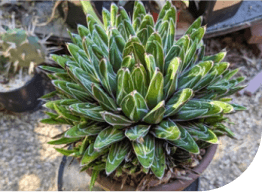
Agave nursery plant liners boast bold, sculptural leaves, making them a stunning, low-maintenance choice for xeriscaping.
VIEW MORE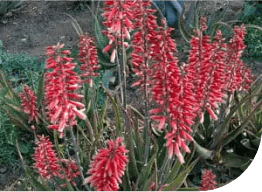
Aloe nursery plant liners are loved for their rosette form and medicinal, fleshy leaves.
VIEW MORE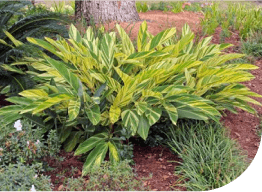
Alpinia nursery plant liners stand out with tropical foliage and vibrant flowers, ideal for shaded gardens.
VIEW MORE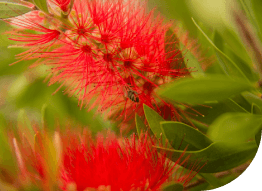
Callistemon nursery plant liners feature unique red blooms that are loved by pollinators.
VIEW MORE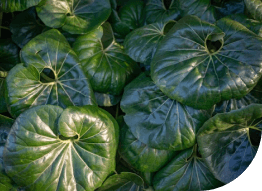
Farfugium nursery plant liners add charm with glossy, round leaves and bright yellow flowers.
VIEW MORE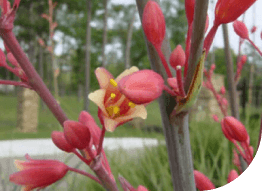
Hesperaloe nursery plant liners boast arching leaves and tall, striking red or pink flower spikes.
VIEW MORE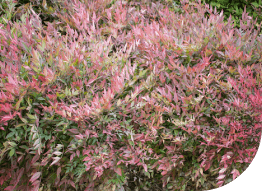
Nandina domestica nursery plant liners showcase lacy foliage that transforms beautifully with the seasons.
VIEW MORE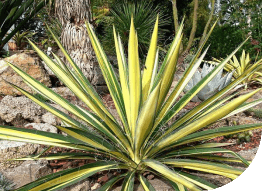
Yucca nursery plant liners feature bold, sword-like leaves and towering flower spikes, creating dramatic focal points.
VIEW MORE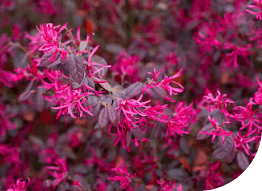
Loropetalum nursery plant liners showcase deep-purple foliage and delicate, pink, fringed flowers.
VIEW MOREDeciding whether to grow your own liners or purchase them is a significant decision for any grower, as it impacts your schedule, resources, and profitability.
There are three key factors for successfully growing liners, based on expert insights:
Discover the full breakdown and detailed insights from industry experts in our blog.
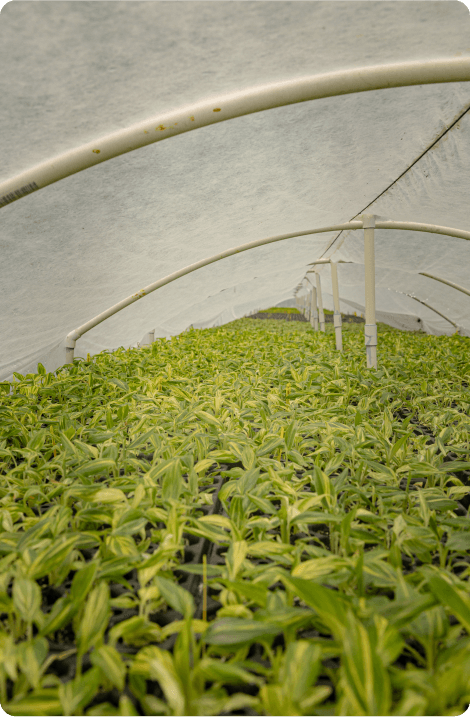
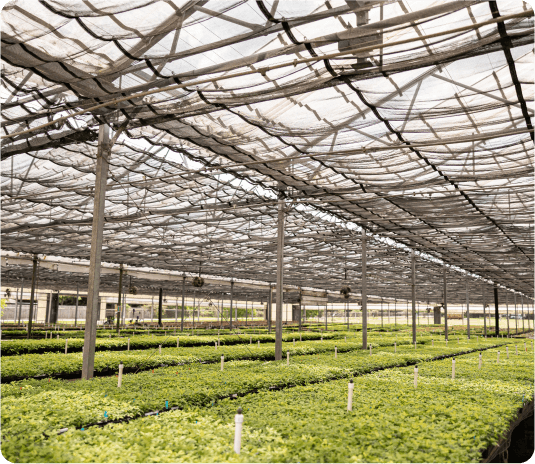
With 95% of our plants grown in-house using advanced tissue culture techniques, we ensure you receive:
Ready to take your growing operation to the next level?
Early plants are called "young plants" and are typically grown in trays as nursery plant liners or plugs.
Early plants are called "young plants" and are typically grown in trays as nursery plant liners or plugs.
Examples of young plants include liners, plugs, and seedlings.
Young plants are in the propagation or juvenile stage.
A nursery is where container plants are grown for eventual transplanting to enhance or beautify spaces.
A nursery is where plants are grown and nurtured for sale to garden centers or landscapers.
A greenhouse is a structure for growing plants; a nursery is a business that grows and sells plants, often using greenhouses.
Buying from a nursery is ideal as they sell wholesale to professionals and sometimes offer online sales.
Nursery plants are typically called container plants, including trees, shrubs, perennials, tropicals, and annuals.
A nursery liner is a young plant grown in a tray with cells, commonly sold wholesale for transplanting. Some of the common sizes are 24, 50 and 72 count trays.
Rooted plug liners are young plants from trays, fully rooted and ready for transplanting into containers.
For over 46 years, Magnolia Gardens Tissue Culture Division has been dedicated to delivering top-quality young plants, pioneering protocol development, and efficient stock management services to breeders, growers, and brokers alike. We take pride in customizing our services to meet the unique needs of each client with a win-win mindset.
MGN Liners is a division of Magnolia Gardens Nursery.
+46 years
Almost half century of experience in the green industry
+9M
More than 9 million plants produced per year in our Tissue Culture laboratory
+4.5M
More than 4.5 million plants produced per year in our greenhouse
95%
of the production comes from our laboratory in Texas
Young plants typically come in trays, also known as liners, which ensure consistent growth and easy handling. However, some young plants, especially those grown directly in the field at a young plant farm, may be supplied as bare-rooted plants. The difference between a liner and a plug is crucial; liners, often larger, are usually derived from cuttings or tissue culture, while plugs, smaller in size, come from seedlings. This distinction is important when selecting the right young plants for your needs.
Liner sizes for young plants vary based on the number of cells within a tray, which is standardized for efficiency in production and transport. A young plants nursery typically offers multiple liner sizes to accommodate different plant types and grower preferences. For example, trays may range from those with fewer, larger cells to those with more, smaller cells, allowing for flexibility in choosing the best size for the specific young plant you are cultivating.
Among green industry growers, certain liner sizes are more commonly used due to their versatility and suitability for a wide range of young plants. The 24, 50, and 72 cell count trays are particularly popular in young plant farms, with 72-count trays being a standard at MGN Liners. These sizes strike a balance between space efficiency and providing enough room for each young plant to develop properly before transplanting.
MGN Liners catalog includes a comprehensive selection of young plants available for purchase. At our young plant nursery, you can find several plant species such as Agapanthus, Agave, Aloe, Alpinia, Callistemon, Farfugium, Hesperaloe, Nandina, and Yucca in young plant form. These plants are propagated with care to ensure they are ready for successful transplanting and growth in your chosen environment.
We understand the importance of safe and efficient delivery of young plants. Depending on the quantity ordered and your shipping preferences, our young plants are securely packaged in either boxes or on pallets. This method ensures that the plants arrive in optimal condition, ready to be transplanted. At MGN Liners, we prioritize the quality and health of our nursery liners from our young plant farm to your location.
The time it takes for young plants to reach transplant maturity varies based on several factors, including liner size, plant type, seasonal conditions, and cultural practices. At our young plant nursery, the growing time for a 72-cell liner typically ranges from 10 to 24 weeks. For instance, Nandina takes 12-14 weeks to finish, while Agave may require 20-24 weeks. Proper care and conditions at your young plant farm can further influence these timelines.
It’s recommended to transplant young plants within a few days of receipt to ensure optimal growth and development. However, if conditions at your young plant farm are suitable, such as proper light, temperature, and moisture levels, nursery liners can be held for several weeks before transplanting without significant impact on their performance in the final container.
You can purchase young plants from our nursery liners wholesale even if you’re located in a different state. For interstate shipments, we comply with all necessary regulations, including providing a sanitary certificate. Before every shipment, the Texas Department of Agriculture inspects our young plants to ensure they are pest-free and have been treated preventively for Fire Ants within 72 hours of shipment.
We pack our young plants on the day of shipment to ensure they arrive fresh and ready for transplanting. Given that our delivery process is efficient, typically within the same week, there is no need for refrigeration during transport. This approach maintains the health and vitality of the young plants, ensuring they perform well once transplanted at your young plant farm.
Contact us today to place your order or discuss custom propagation.